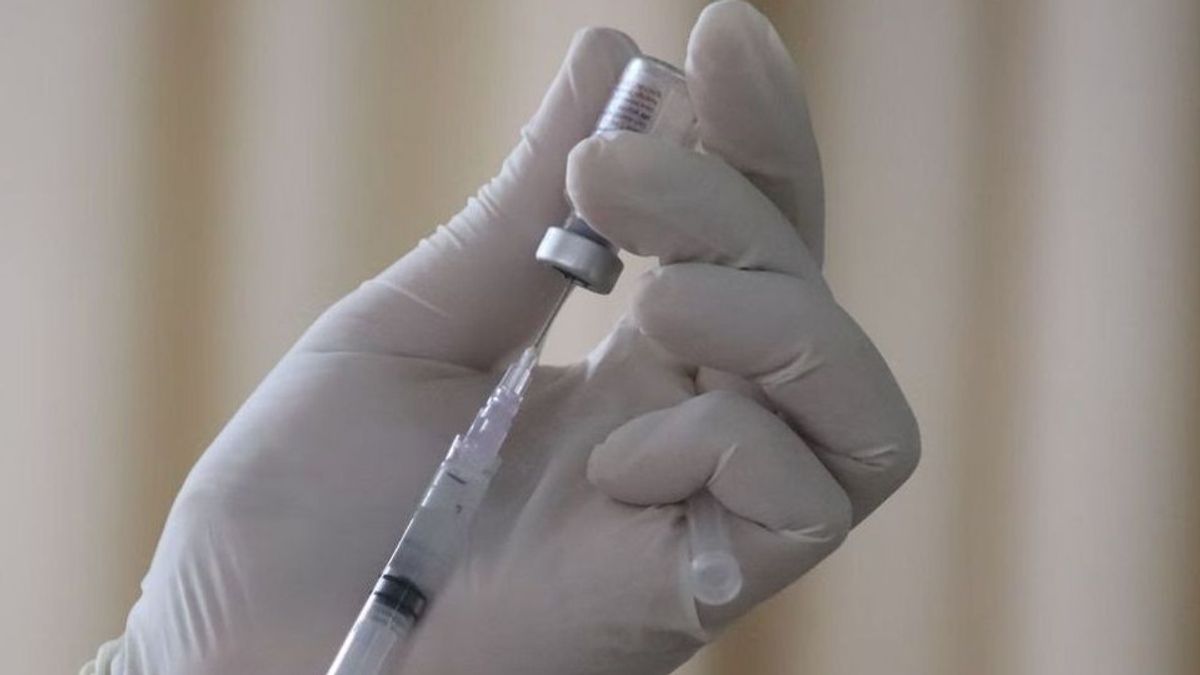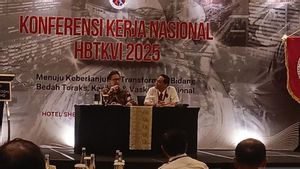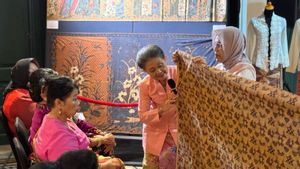JAKARTA - A number of private hospitals have served paid dengue hemorrhagic fever (DHF) vaccinations for the public. However, the government has not made dengue vaccination a national program.
"The Ministry of Health has said that this can be an option for residents, if they are ready to be independent. So, it has not become a national program," said Assistant for People's Welfare of the DKI Jakarta Regional Secretariat Widyastuti to reporters, Tuesday, April 2.
In the midst of the current increase in dengue cases, the DKI Provincial Government is still focused on intervening through promotive, curative, preventive, and rehabilitative activities.
A number of activities include education and socialization related to procedures for preventing dengue fever, such as the 3M plus mosquito nest eradication (PSN) movement through jumantik cadres.
"We have jumantik spread across all RTs in Jakarta as much as 30 thousand in the RT working area. Its nature is a motivator and monitors how the PSN movement in Jakarta is," said Widyastuti.
According to Widyastuti, this PSN movement does not only need to be carried out in residential areas, but also in offices, educational places, and other places.
"We hope that all places have 'cadres' officers who monitor jumantik in their respective areas. Jumantik is tasked with assessing and monitoring whether this movement has been running on how the larvae are free," he said.
Separately, Head of the DKI Jakarta Health Office Ani Ruspitawati predicts that the number of dengue cases in Jakarta will continue to increase for the next two months.
"It is still in accordance with our predictions, it is still increasing. We estimate it will be until May, if you look at the climate. But after that when the climate begins to change, we hope it will also go down," said Ani when contacted.
SEE ALSO:
DHF cases in Jakarta continue to show an upward trend. As of March 18, 1,729 cases were recorded. As of February 19, 2024, there were 627 dengue cases.
Last month, the ratio index (IR) or the incidence rate of dengue cases was 5.57/100,000 residents. Meanwhile, in early January, the case incidence rate was still around 1 to 2.2/100,000 residents.
The English, Chinese, Japanese, Arabic, and French versions are automatically generated by the AI. So there may still be inaccuracies in translating, please always see Indonesian as our main language. (system supported by DigitalSiber.id)
















